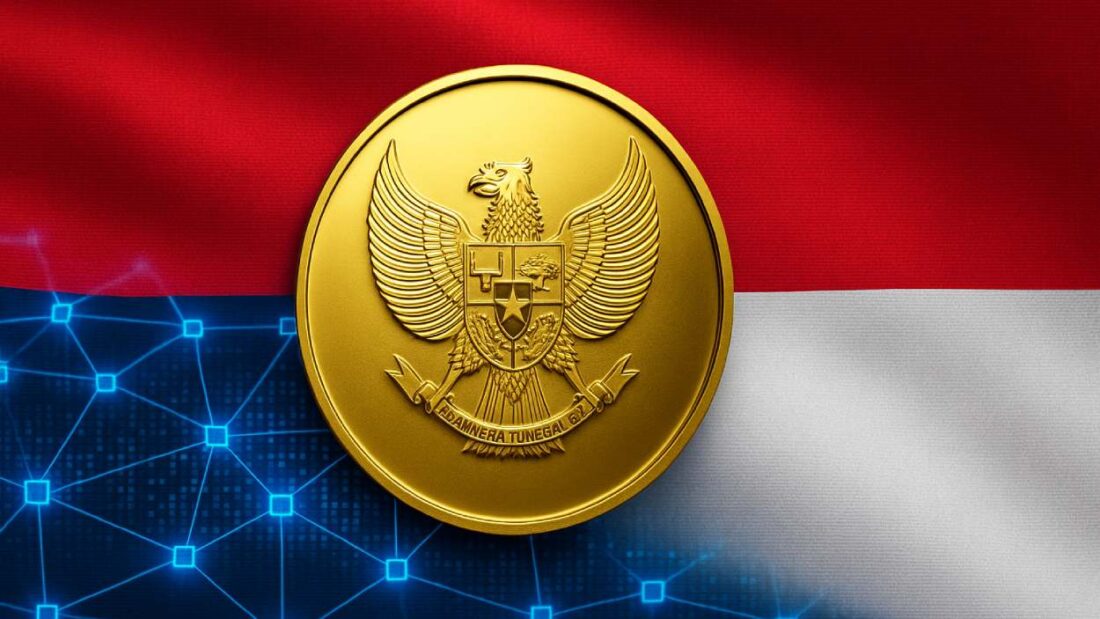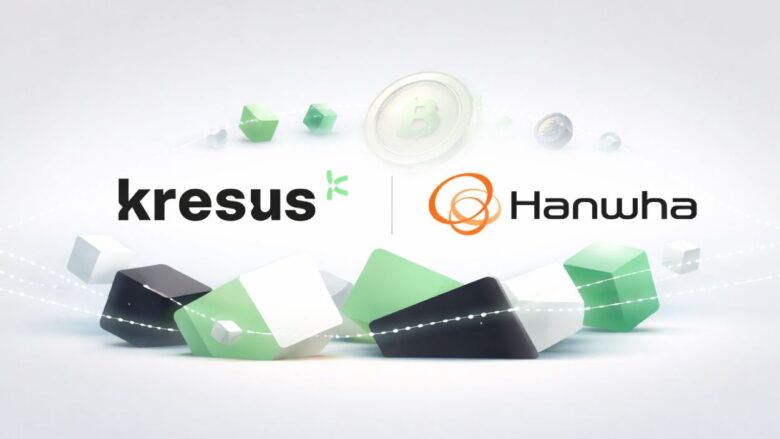Bank Indonesia is taking a bold step into the digital currency space with a new stablecoin initiative backed by government bonds and the digital rupiah.
Key Takeaways
- Bank Indonesia will issue tokenized government bonds backed by its central bank digital currency, the digital rupiah.
- The digital securities are part of the country’s push to strengthen the rupiah and integrate blockchain into its financial systems.
- Indonesia’s Financial Services Authority (OJK) is monitoring stablecoin usage amid rising adoption, especially after the rupiah hit record lows.
- The move follows similar efforts by other Asian countries like China and Hong Kong to develop local currency-backed stablecoins.
What Happened?
Bank Indonesia has announced plans to launch a national stablecoin tied to its digital rupiah and backed by government bonds, known locally as SBN. Revealed at the Indonesia Digital Finance and Economy Festival and Fintech Summit 2025 in Jakarta, the initiative was detailed by Governor Perry Warjiyo as part of a broader effort to modernize Indonesia’s financial infrastructure and boost the rupiah’s global standing.
🚨 JUST IN:
— Money Ape (@TheMoneyApe) October 30, 2025
🇮🇩 INDONESIA TO LAUNCH CBDC-BACKED DIGITAL TOKENS
ITS OWN “STABLECOIN VERSION.” 🚀 pic.twitter.com/DUnXZcDlsg
Bank Indonesia’s Stablecoin Vision
Governor Perry Warjiyo confirmed that the central bank will issue digital central bank securities, essentially tokenized versions of SBN, backed by the digital rupiah. He described the product as “Indonesia’s national version of a stablecoin,” comparing its structure to stablecoins pegged to US government bonds.
Warjiyo during the summit said that:
This marks the first time Bank Indonesia has publicly tied its central bank digital currency (CBDC) efforts to a stablecoin model. The digital securities initiative will serve not just as a new financial instrument but also as a building block for integrating blockchain into Indonesia’s monetary system.
Strengthening the Rupiah with Digital Innovation
The development aligns with Bank Indonesia’s three-pillar strategy focused on boosting innovation, expanding financial inclusion, and maintaining system stability. The central bank has been developing the digital rupiah since 2022 and completed its first testing phase, known as the “Immediate State,” by the end of 2024. This phase included the proof of concept for the Wholesale Rupiah Digital Cash Ledger.
As part of the next steps, Bank Indonesia aims to integrate the digital rupiah with existing payment systems and financial market infrastructure, enabling smoother domestic and cross-border transactions.
Regulatory Oversight and Market Context
Indonesia’s Financial Services Authority (OJK) has also been actively observing the growth of stablecoin use within the country. In April 2025, the rupiah fell to a record low of Rp16,850 per US dollar, driving interest in stablecoins as hedging tools.
Dino Milano Siregar, head of OJK’s digital asset division, stated:
These include mandatory anti-money laundering compliance and regular reporting requirements for stablecoin traders. Although stablecoins are not officially recognized as legal payment instruments, they are increasingly used for remittances, hedging, and fast transactions, especially when backed by credible assets.
Crypto Adoption and Future Potential
Indonesia ranks seventh globally in the 2025 Global Crypto Adoption Index by Chainalysis, showcasing its growing role in digital finance. The country also placed fourth in decentralized finance (DeFi) usage, and discussions are reportedly underway to explore Bitcoin as a reserve asset.
This latest move positions Indonesia alongside countries like China and Hong Kong, who are already developing their own national stablecoins to counterbalance US dollar dominance in the stablecoin market.
CoinLaw’s Takeaway
I think this is a big leap for Indonesia. It’s not just about digital currency anymore. In my experience watching the digital finance space evolve, the countries that lean into blockchain and regulated innovation early are usually the ones that benefit the most later. What really stands out to me is how Indonesia is trying to balance innovation with regulation. That’s not easy, but it’s necessary. This stablecoin plan backed by digital government bonds could become a powerful tool to stabilize the rupiah and attract global digital finance players.


































































